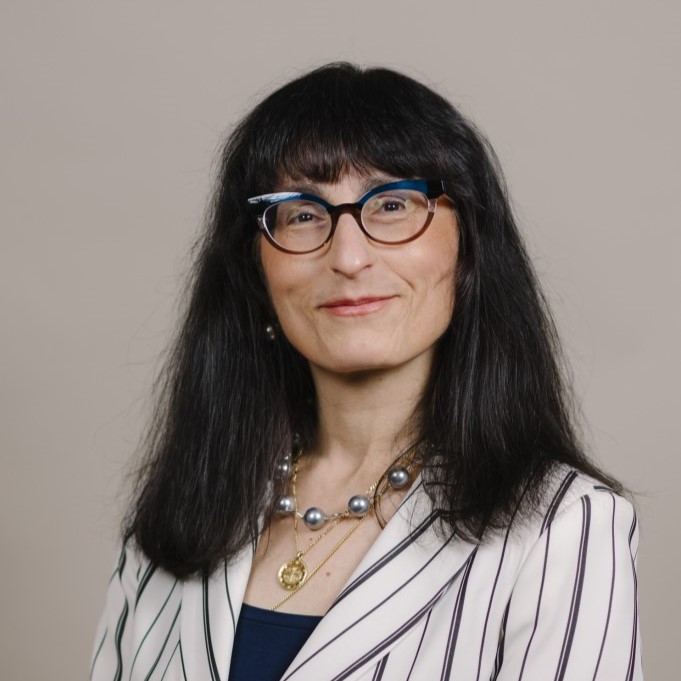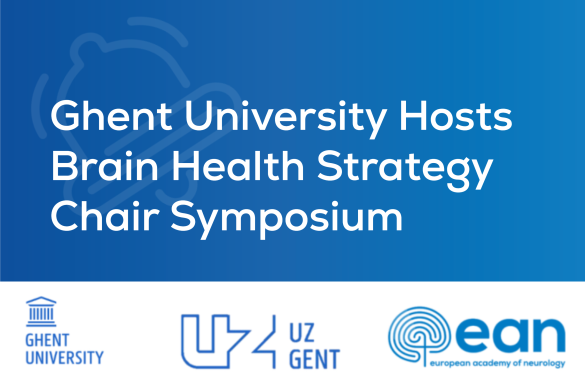Welcome to the second edition of the President’s Corner, our new eanNews series, in which I answer your questions about the EAN and its many activities. I was very pleased to receive another interesting and varied selection of questions from the EAN community via our social media channels this month. You can find my answers below.
With the annual Brain Health Summit fast approaching on 19 March, for the next edition of the President’s Corner, I am asking for your questions about the Brain Health Mission and the EAN’s advocacy activity. If you have ever been curious about any aspect of the Brain Health Mission, or our many advocacy events, such as the Brain Health Summit, or anything we are doing or could be doing in the realm of advocacy, now is the time to ask!
Please look out for posts appealing for your questions, or feel free to submit them at any time via email.
I look forward to receiving and answering your questions!
Best wishes
Elena Moro, EAN President
What area of neurology do you think should be and will be expanding most in the upcoming years?
This is a very important question. The European strategic research agenda that we published in 2023 gives several hints concerning the need to focus on prevention, better diagnosis, understanding, and managing neuroinflammatory and neurodegenerative diseases, neurovascular disorders, and headache. Moreover, in term of disease burden, these are among the most relevant and costly neurological disorders in Europe. To move forward, we need to enhance neurology, i.e., to empower neurologists with a modern, realistic, broader and practical approach to the neurology field from now to the next 20 years. This is what the EAN Board and I are working on now.
Where should neurologists and organisations like the EAN devote their attention, effort and resources, to maximise human benefit? Do you think it could be neuroimmunology? Body-mind connection and how emotions actually organically affect us?
To continue with the answer provided by the previous question, enhance neurology means also creating effective networking and expanding links with other disciplines and stakeholders. It is undoubted that the new knowledge about neurological disorders urges us to better work with psychiatrists, but also with geriatricians, neurosurgeons, gastroenterologists, and cardiologists. This includes the concepts that the EAN has already fostered, i.e., a holistic approach to neurology and brain health. Moreover, the EAN believes that empowering people with neurological disorders will also contribute to maximise human benefits and resources. I believe that our EAN Congress 2025 theme, ‘Neurology within Society’, will help considerably to clarify the above concepts. You can check out the full programme via this link.
I am very interested in the work you are doing and was wondering if there are any fellowships available as a Doctor of Audiology with a specialist interest in paediatric vestibular testing?
The EAN offers fellowships focused on neurological disorders mainly in adulthood, not focused in the paediatric vestibular system.
Can the EAN collaborate with the Georgian neurology residents’ association’s stroke company?
Georgia is a Full Institutional Member of the EAN, which provides numerous opportunities for collaboration. All FEAN, full, corresponding, residents, and student individual members with an interest in the special field covered by the Stroke Scientific Panel are welcome to join and contribute. Any EAN Member type (mentioned above) can apply to be a panel member at any time, if their membership is valid.
There are many ways we can collaborate to advance research, education, and best practices in stroke care. To learn more about EAN membership opportunities visit our website.
Could you please tell us, what is your personal tip for women neurologists about family-work success achievement?
Women are known to be able to multitask, i.e., to effectively manage several activities at the same time. My tip is to further develop this ability that helps a lot to manage and balance family and work needs with success. Moreover, I believe that women are superb leaders in neurology. Women need to step forward without fear or imposter’s syndrome.













